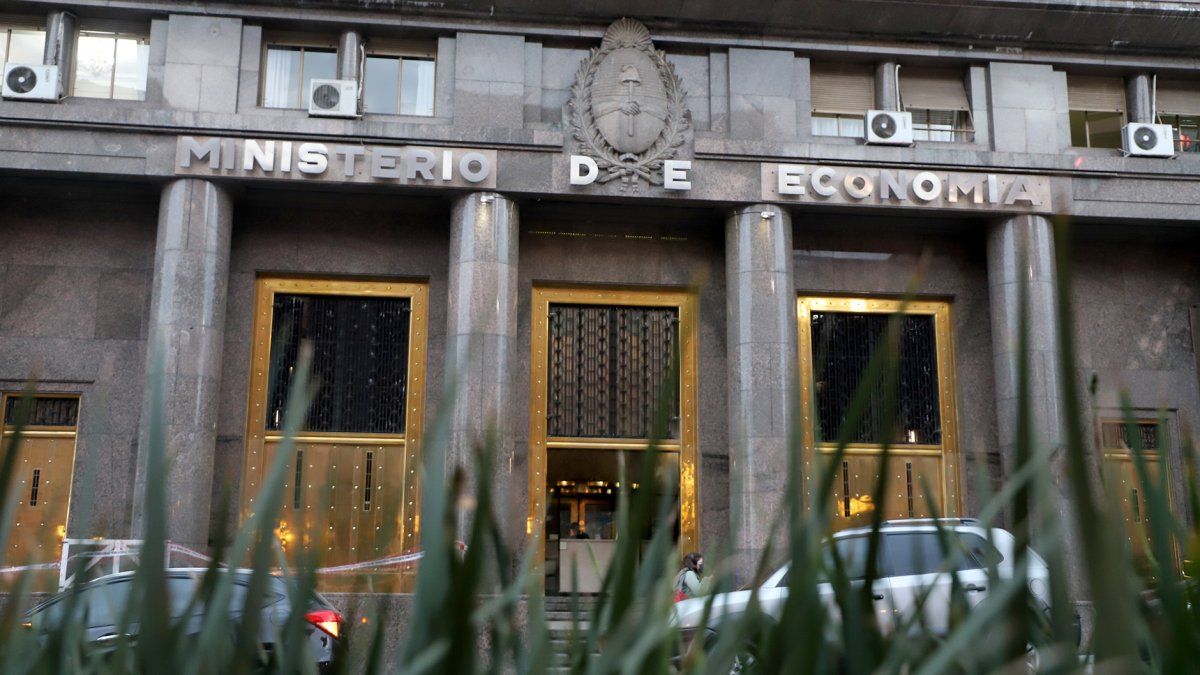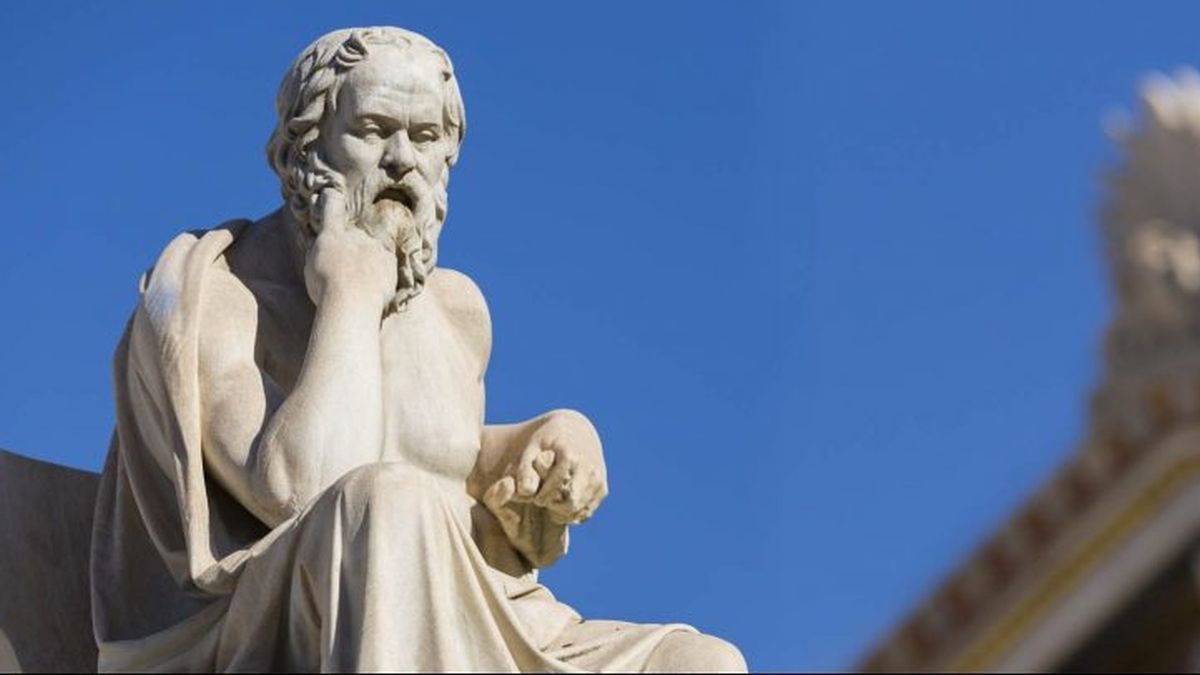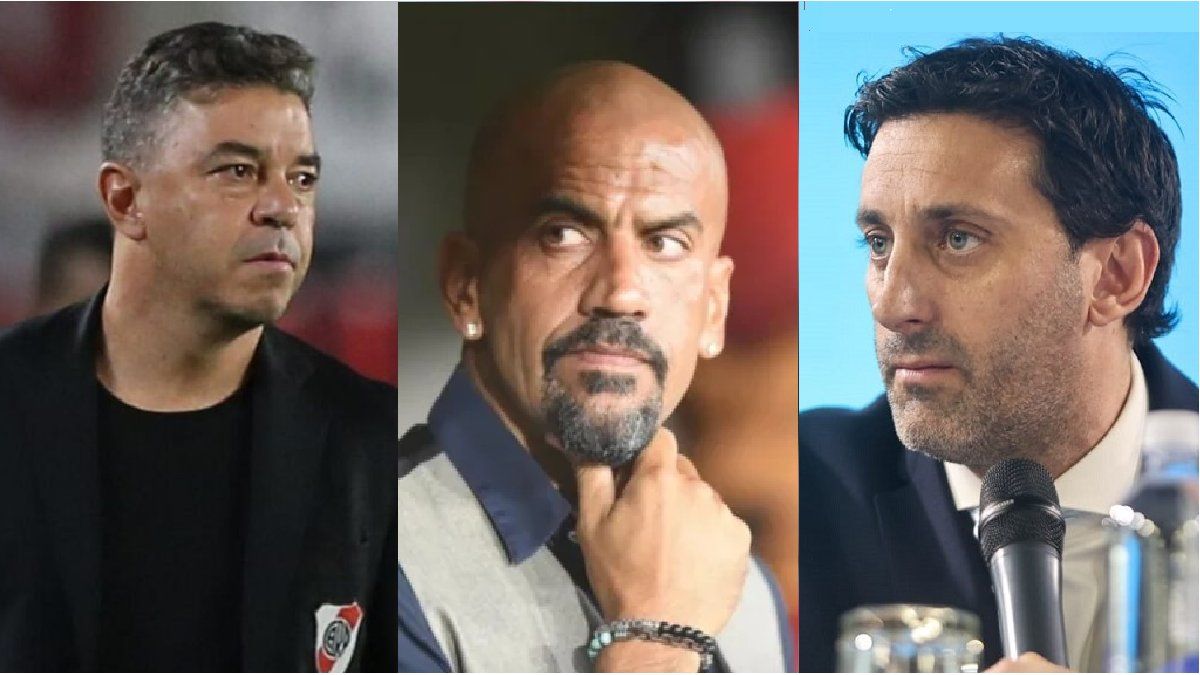“It’s ready to go”, they told this newspaper in Economy. During the last few days, the legal details on the final draft were being finalized, after several exchanges between the Secretary of Finance, Eduardo Setti, and Marx. It will be an ad honorem structure within the ministry, although with external operation. It will have permanent members and other “itinerant” members, who will be summoned depending on the topic in question. His character will be “non-binding, but with a voice.” In other words, it will aim to transmit ideas and generate future projects on different specific axes.
In that sense, as Ámbito learned, A group of those who will make up the committee have already begun meeting to work on a “simplification for investment projects” initiative.both foreign and local, to reduce “practical complications, tax and administrative inefficiencies,” the sources confided.
“The idea of the committee is to generate long-term initiatives, regulatory changes in certain sectors or incentives. It has to be accompanied by the logic of where the market is going. Things that are not agreed upon later do not work”, they argued in an official dispatch. “It may be that at some point we deal with the debt issue, but we talk about the placement strategy permanently. In principle, there will be other main focuses”, they pointed out and added: “The IMF sees it with very good eyes and is very interested”.
In the economic team, they consider it key to focus on the development of the local capital market, which today has a very small dimension in relation to the size of the economy compared to other countries in the region. On the one hand, to gradually transfer the enormous mass of pesos today deposited in Leliq and other remunerated liabilities of the Central Bank (which already exceeds $8.3 billion) towards financing the productive sector. On the other, to favor savings and investment in local currency to the detriment of the demand for dollars. An arduous challenge since it comes up against one of the most relevant structural problems of the Argentine economy: bimonetaryism.
Marx’s presence it was confirmed by Massa on August 1, two days before he was sworn in as minister. With his name, he sought to show a sign of rapprochement with the market at a time when the government was facing a strong run that began in June and intensified in July after the resignation of Martín Guzmán. He is an economist who, through his consulting firm Quantum, advises the local business and financial establishment and foreign investors. Also, He was an official in different positions during the governments of Raúl Alfonsín, Carlos Menem and Fernando De La Rúa: with the first, he was director of the Central Bank; later, he was undersecretary and head negotiator of the external debt until 1993 in the Ministry of Economy of Domingo Cavallo; and during the mandate of the Alliance he was Secretary of Finance and participated in the operations known as “shielding” and “megaexchange”.
The rest of the stable members of the committee will be announced shortly. There will be representatives of the local market (not as delegates of a certain entity, but by their own weight), former officials and lawyers. And “itinerant” figures will be summoned according to the topic in question: for example, for regulatory matters, to directors of the National Securities Commission (CNV); for specific issues of common investment funds, to the sectoral chamber.
Source: Ambito
David William is a talented author who has made a name for himself in the world of writing. He is a professional author who writes on a wide range of topics, from general interest to opinion news. David is currently working as a writer at 24 hours worlds where he brings his unique perspective and in-depth research to his articles, making them both informative and engaging.




